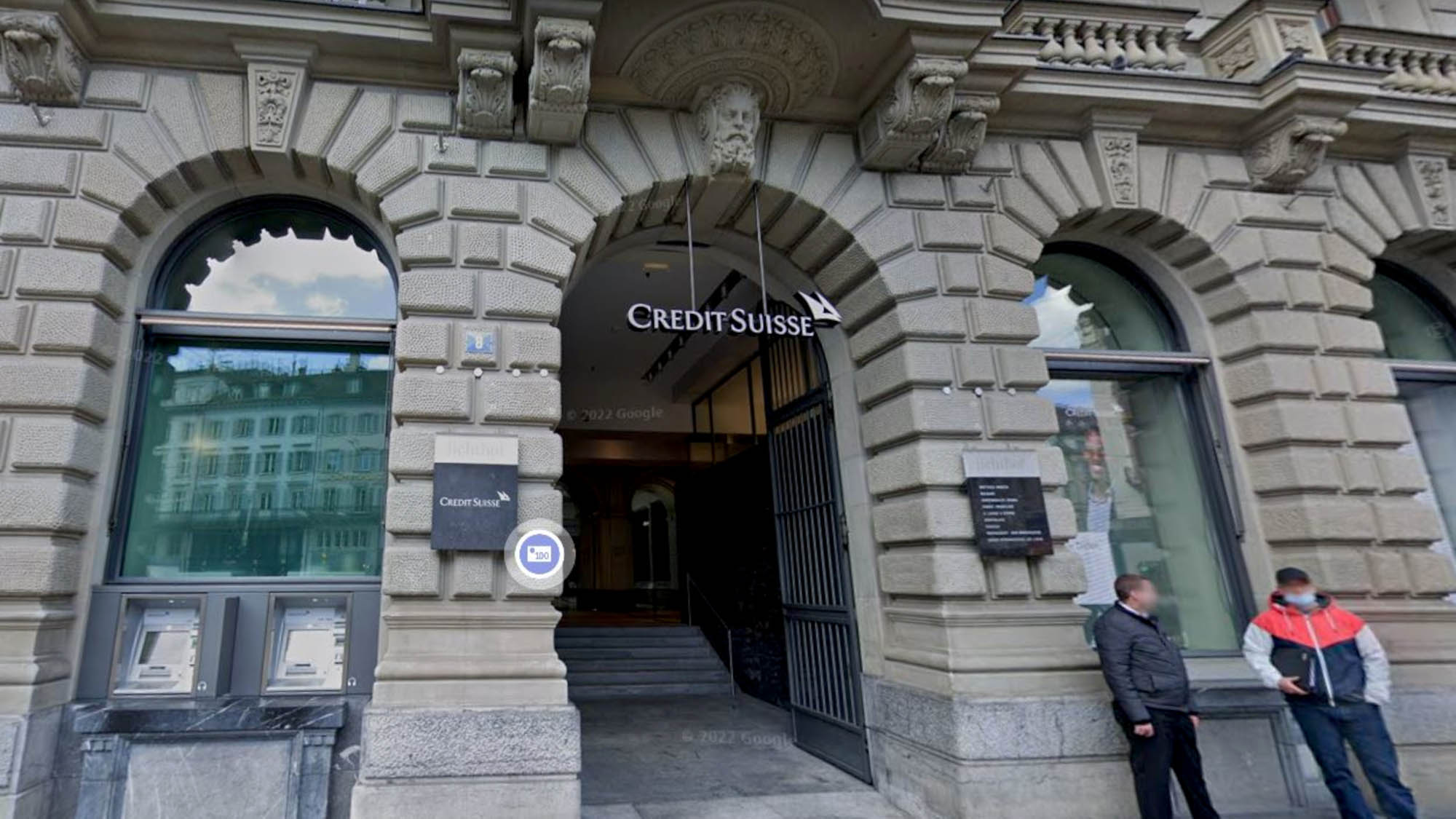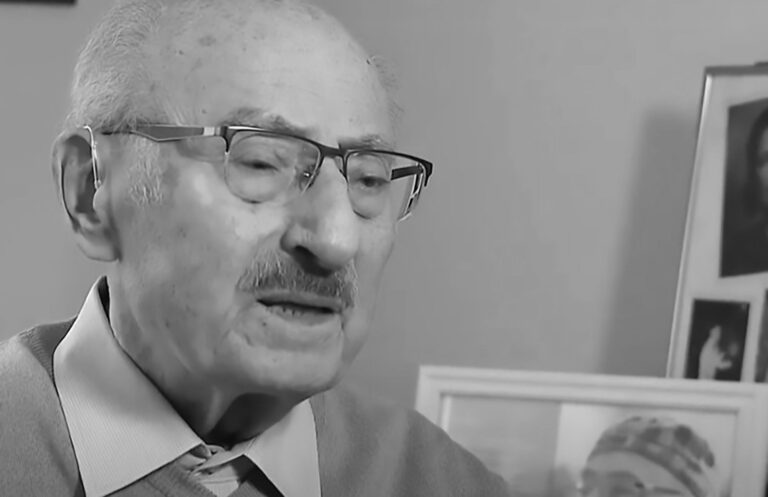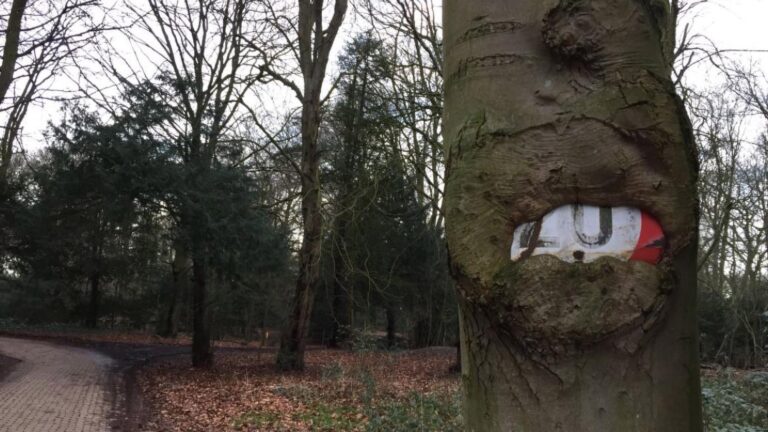The Swiss bank Credit Suisse is looking for a possible billion dollars in Nazi-looted money that may be hidden in one or more accounts in its books.
It all started when a list of 12,000 Nazis that was believed destroyed surfaced in Argentina, with lawyers on three continents now hunting for the alleged fortune.
The billion-dollar wealth linked to the Nazis could even have been stashed in a single secret bank account at the Swiss bank Credit Suisse for the last 78 years, according to German daily Bild.
A copy of the list thought to have been destroyed a long time ago was retrieved in Argentina.
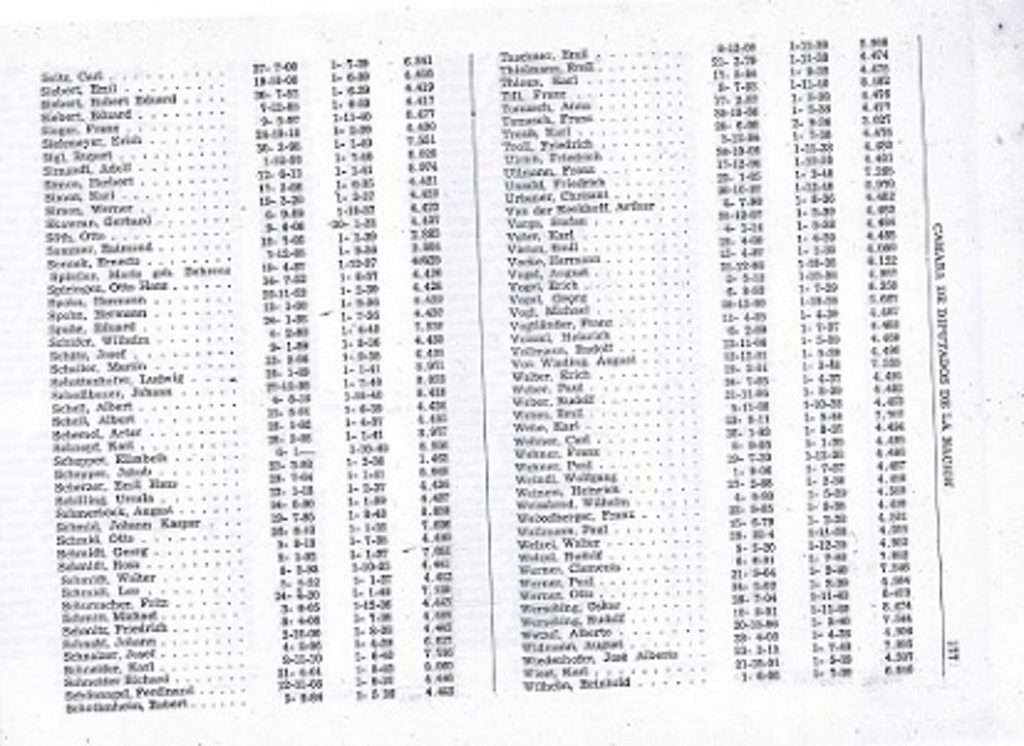
The list, containing the names of over 12,000 Nazis who lived in Argentina, also mentioned all those who had transferred money – believed to have been looted from Jewish victims – to a bank account in Switzerland.
Argentinian investigator Pedro Filipuzzi discovered the list of 12,000 names of former Nazis and Nazi sympathisers in Argentina who apparently contributed to one or more bank accounts at Schweizerische Kreditanstalt, which became Credit Suisse in the 1990s, in Zurich, Switzerland.
Filipuzzi also handed over the list to the Simon Wiesenthal Center, a Jewish human rights organisation that researches the Holocaust and confronts anti-Semitism, hate and terrorism.
The list shows names of those who belonged to the Nazi organisation in Argentina called ‘Union Alemana de Gremios’ (The German Union of Syndicates), a cover-up for Nazis who had fled to the Latin American country.
According to the Simon Wiesenthal Center, the money transferred to the Swiss bank could have been looted from Jewish victims and was often transferred on from Credit Suisse to German banks.
The Simon Wiesenthal Center said in a statement issued at the time, in 2020, that they had sent a letter to Credit Suisse Vice-President, Christian Kung, saying: “We believe it very probable that these dormant accounts hold monies looted from Jewish victims, under the Nuremberg Aryanization laws of the 1930s (sic).
“We are aware that you already have claimants as alleged heirs of Nazis in the list.”
The centre reportedly requested access to Credit Suisse’s archives to settle the matter on behalf of the diminishing number of Holocaust survivors.
Dr Gelblung said: “Not all of the 12,000 people on that list were people who transferred Nazi money to Germany, but all the people who did so are on that list. The bank has to open its files so we can investigate.”
According to historical records, the pro-Nazi military regime of President Jose Felix Uriburu, who was nicknamed “Von Pepe”, and his successor Agustin Pedro Justo, had welcomed a growing Nazi presence in Argentina during their time in office.
The documentation, with the names of the contributors to the Nazi cause, was reportedly found at the Argentine Congress in 1941, after a police raid on the headquarters of the German Union of Guilds during the government of the anti-Nazi Argentinian President Roberto Ortiz.
Related Story:
Lost List Found Of Argentine Nazis Who Stole Jewish Cash
When the pro-Nazi Grupo de Oficiales Unidos (United Officers’ Group) took power of Argentina in 1943, they reportedly burnt the reports and findings from the raids on the headquarters, including the list of 12,000 names.
But Filipuzzi reportedly found an original copy of the list when he was working in a storage room at the former Nazi headquarters in Buenos Aires, in 1984, when he was just 20 years old.
The 500 pages listed names in alphabetical order as well as the date of birth and large numbers, believed to be references to money.
A number of German companies that had offices in Argentina at the time are also mentioned on the list.
Bild said that for years, supporters of the Nazis in Argentina paid millions of pounds into an account at the Banco Transatlantico Aleman, a subsidiary of Deutsche Bank.
Officially, the money was used for the “German Winter Aid” known as the Winterhilfswerk in German, an annual donation drive by the National Socialist People’s Welfare that was supposedly used to help finance charitable work.
But not everything went to the Nazis, with the list showing that some of the money went into a bank account at the Credit Suisse, then called the Schweizer Kreditanstalt, according to Bild.
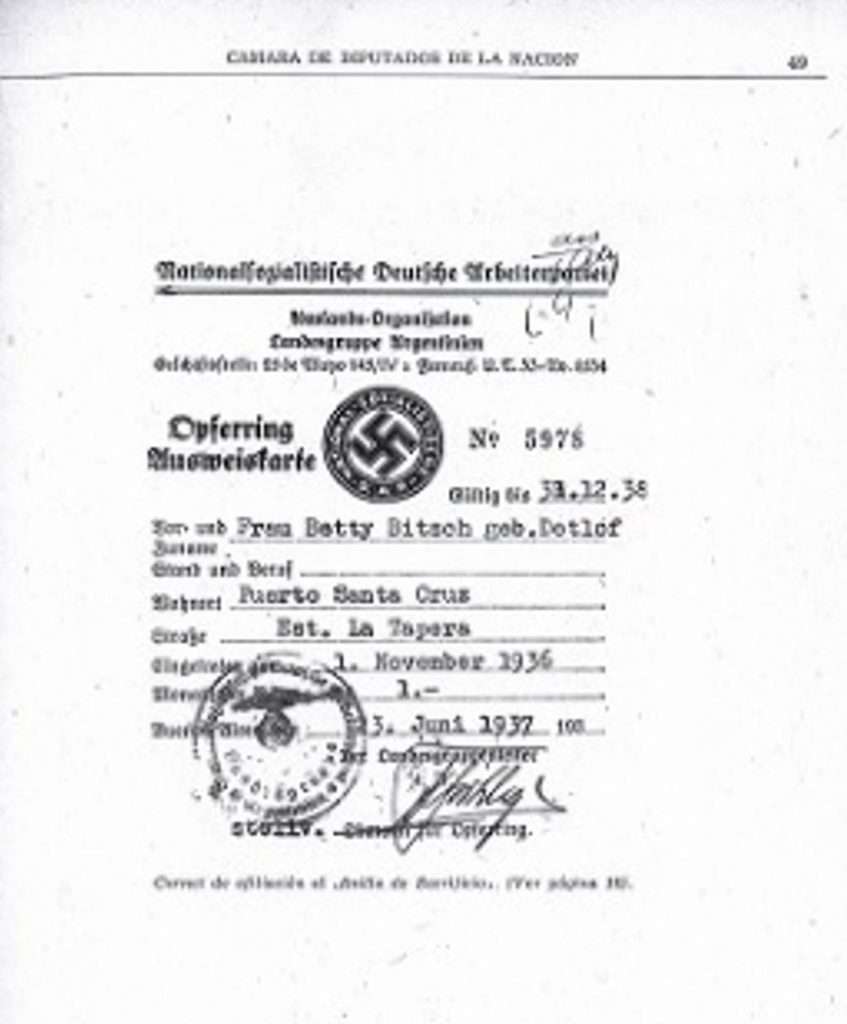
The secret assets were managed personally by bank president Ludwig Freude (who died in 1956), a German-Argentine entrepreneur and ardent National Socialist, still according to the German daily.
Despite finding the list in 1984, Filipuzzi only noticed how important it was years later. He conducted his own investigation and turned to the descendants of the former bank president, Freude, but Credit Suisse reportedly stonewalled him.
So in 2019, he handed the list over to the Simon Wiesenthal Center.
But the Wiesenthal lawyers were not given a glimpse into the banking business, nor were the descendants of high-ranking Nazis and company owners on the list interested in helping to find the missing money, Bild said.
In order to obtain the desired information, the bank said in writing that one should “contact international courts”, according to Bild.
Bild has said that the Swiss bank is now investigating itself. Up to 40 employees – historians, lawyers, financial experts – are supposed to be looking for a possibly camouflaged secret account in their own company. A spokesman for Credit Suisse told Bild: “So far we have not found an account.”
Bild said that lawyers from Buenos Aires, Washington, Berlin and Zurich are involved.
An unnamed lawyer close to the case told Bild: “If the account was created under the name of a company and not under the name of [then bank president] Ludwig Freude, then it is almost impossible to identify the account.”
To find out more about the author, editor or agency that supplied this story – please click below.
Story By: Joseph Golder, Sub-Editor: Michael Leidig, Agency: Central European News
The Ananova page is created by and dedicated to professional, independent freelance journalists. It is a place for us to showcase our work. When our news is sold to our media partners, we will include the link here.

